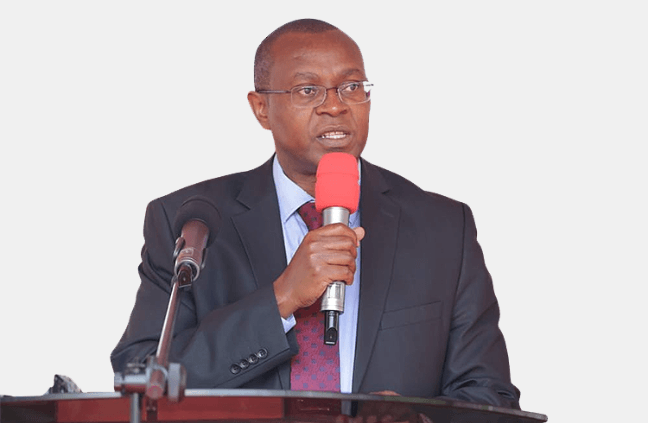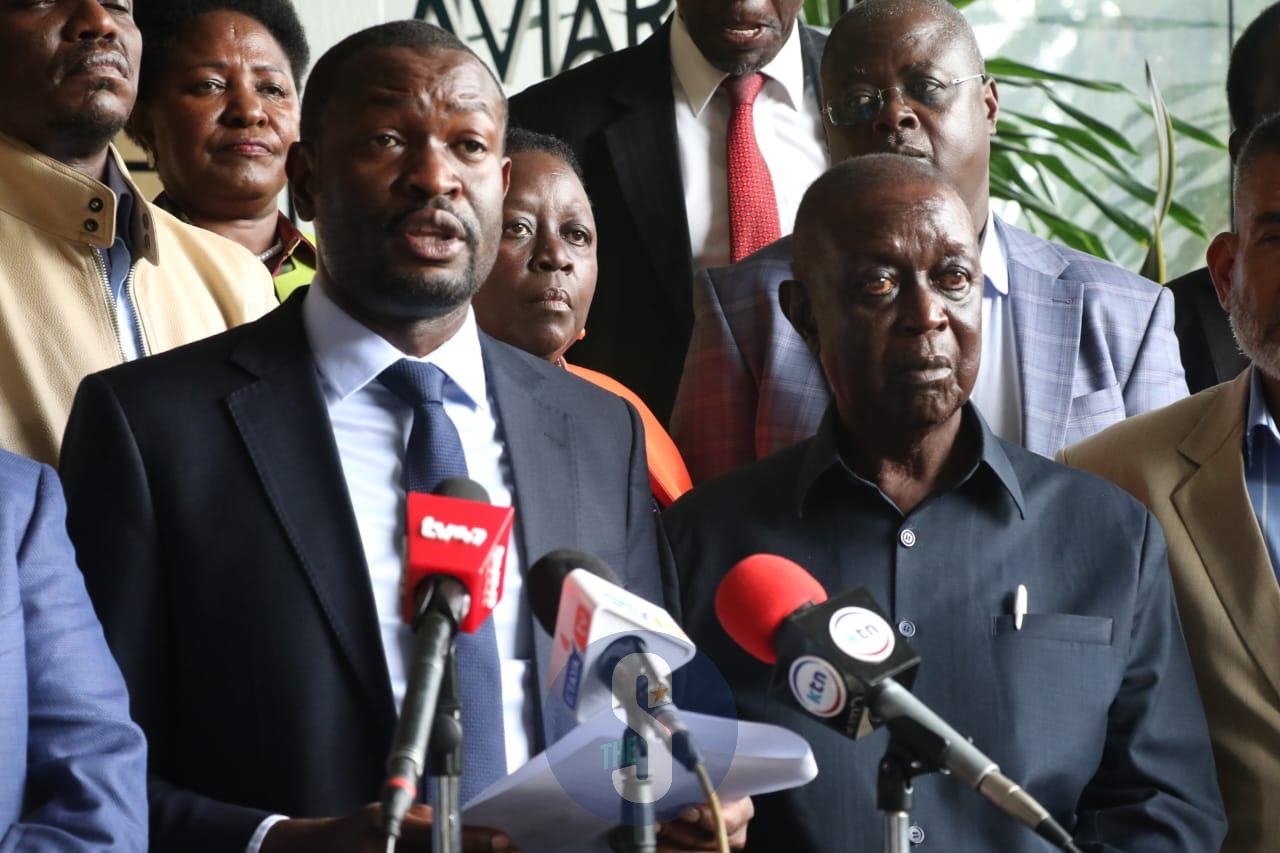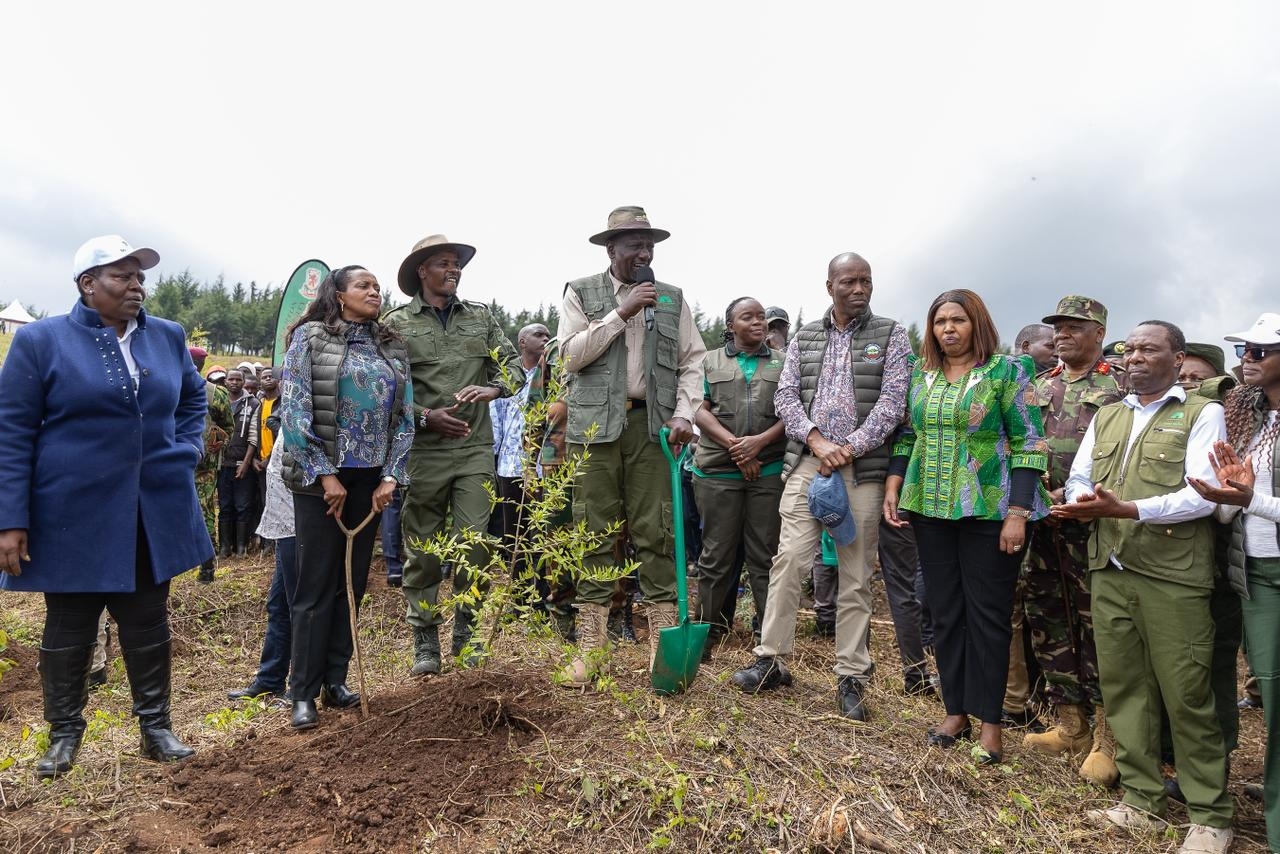Kenyan scientists have joined their African counterparts in calling for removal of barriers that prevent them from undertaking DNA research.
They made their observations in the American Journal of Human Genetics on the need for an equitable and inclusive future for DNA and ancient DNA (aDNA) research in Africa.
The paper, co-authored by an international team of 36 scientists from Africa, North America, Asia, Australia, and Europe, was led by Dr Elizabeth Sawchuk of the Cleveland Museum of Natural History and Dr Kendra Sirak of Harvard University.
“Step one is to discuss African research in Africa,” says Dr.Sawchuk, the Cleveland Museum of Natural History’s associate curator of human evolution.
“Many African scholars face major barriers to attending genetics conferences held in North America and Europe, limiting their ability to lead and partner in DNA and aDNA research. Holding conversations in Africa allows voices and perspectives historically sidelined to be heard.”
DNA from ancient and living African peoples is critical for researchers studying our species’s evolution and population history.
Africa is home to the greatest human genetic diversity on the planet but only a fraction of that diversity has been studied to date.
However, the situation is changing rapidly with scientific advances over the past decade.
More genomic data from ancient and living African people are published every year, and African DNA and aDNA research is poised to dramatically increase in the next decade.
Yet, despite growing international research interest in Africa, African scientists remain starkly underrepresented on research teams and in the process of planning and executing scientific projects.
The new paper is one outcome of the groundbreaking 'DNAirobi' workshop held at the National Museums of Kenya in May 2023 and co-organized by scientists at the Cleveland Museum of Natural History, National Museums of Kenya, Harvard University, and Rice University.
DNAirobi brought together geneticists, archaeologists, and educators from across Africa and around the world to discuss the future of population history-focused DNA and aDNA research on the continent.
The article captures the results of these conversations and presents a bold vision for what the research landscape should look like in ten years.
Kenyan authors of the new paper include Fredrick Manthi, Emmanuel Ndiema, Christine Ogola, Eva Aluvaala, George Ayodo, Njeri Gachihi, Abdikadir Kurewa, Chapurukha Kusimba, Emma Mbua, Christina Mutinda and Freda Nkirote.
They are drawn from NMK, Kenya Medical Research Institute, and Jaramogi Oginga Odinga University of Science and Technology.
Director of antiquities, sites and monuments at the National Museums of Kenya Dr Fredrick Manthi said the study involved researchers from both the Global North and the Global South and underscores the potential DNA and ancient DNA hold for understanding ancient and modern human populations.
“It amplifies the need to train more African scholars, particularly in studies related to ancient DNA,” Manthi said.
NMK head of earth sciences Dr Emmanuel Ndiema said Africans are the primary knowledge holders of African samples, data, and historical contexts.
“We want more access to DNA and aDNA research and the resources and training to support more African-led studies in the future. An ethical and equitable future for African genomics research requires investing in entire societies and the next generation of scholars, work that will take decades and have impacts that go far beyond genetics research,” Ndiema said.
NMK head of archaeology Dr Christine Ogola said there is a need to build a dynamic research ecosystem in which African scholars can effectively lead and partner in genomics research, and access the collaborators, labs, and funding they need to achieve their goals.
“The solution is not to immediately build population history-focused DNA and aDNA labs on the continent, which would be unrealistic at present to staff and maintain. Instead, we need to focus on building capacity and infrastructure in ways that sustainably support research leadership.”
The article also acknowledges and addresses the challenges associated with DNA and aDNA research in Africa and beyond.
Studying genetic sequences, whether modern or ancient, requires great care because such research can impact both the living and the dead.
Scholars widely agree that such work should be the product of equitable partnerships, engage diverse audiences (including communities relevant to research), encompass a range of perspectives, and create opportunities for capacity building.
A growing number of papers over the past decade have focused on the ethics of genetics research, yet it remains difficult to adapt general best practice recommendations to specific geographic contexts.
Developing a roadmap for ethical DNA and aDNA research in Africa is particularly challenging because fewer studies have been done on the continent and guidelines developed in other parts of the world are not always a good fit.
However, the new paper goes beyond creating an Africa-specific set of guidelines for genomic research.
Dr. Kendra Sirak, Senior Scientist in Genetics at Harvard Medical School said they all want to carry out research that is equitable, engaged, and inclusive.
The paper identifies that scholars need to remain flexible and adapt to new challenges and opportunities.
The authors identify several “landmarks” to guide teams toward an equitable and inclusive future for genomics research.
These include changing how and with whom we communicate results, reimagining what equitable partnerships look like, and focusing on improving scientific literacy for all.
The authors conclude the article with a call to action for labs and funding bodies to commit more resources to African scholars, either directly or in cooperation with institutions that provide training and capacity-building opportunities.












